Vaccinations are injections of antigens into the body. Once the antigens enter the blood, they circulate along with other cells, such B and T cells. B and T cells are white blood cells that help the body defend itself against foreign invaders. As the antigens invade the body’s tissues, they attract the attention of macrophages. Macrophages are non-specific scavengers, which in this case, engulf the antigens. The macrophages then signal the T cells that antigens are invading. The killer-type of T cells respond by attacking the invading antigen. Finally, the suppressor T cells stop the attack. After a vaccination, the body will have a memory of an encounter with a potentially dangerous invader for a period of time, and hopefully have a better ability to fight it off if ever exposed to it again in greater numbers. A vaccine is a biological preparation that provides active acquired immunity to a particular disease. A vaccine typically contains an agent that resembles a disease-causing micro-organism and is often made from weakened or killed forms of the microbe, its toxins or one of its surface proteins. The agent stimulates the body’s immune system to recognize the agent as a threat, destroy it, and keep a record of it, so that the immune system can more easily recognize and destroy any of these micro-organisms that it later encounters. Vaccines can be prophylactic (example: to prevent or ameliorate the effects of a future infection by any natural or “wild” pathogen), or therapeutic (e.g., vaccines against cancer are also being investigated). The administration of vaccines is called vaccination. The effectiveness of vaccination has been widely studied and verified; for example, the influenza vaccine, the HPV vaccine, and the chicken pox vaccine. Vaccination is the most effective method of preventing infectious diseases; widespread immunity due to vaccination is largely responsible for the worldwide eradication of smallpox and the restriction of diseases such as polio, measles, and tetanus from much of the world. The World Health Organization (WHO) reports that licensed vaccines are currently available to prevent or contribute to the prevention and control of twenty-five infections. Vaccine Basics How Vaccines Work What is Immunity? When disease germs enter your body, they start to reproduce. Your immune system recognizes these germs as foreign invaders and responds by making proteins called antibodies. These antibodies’ first job is to help destroy the germs that are making you sick. They can’t act fast enough to prevent you from becoming sick, but by eliminating the attacking germs, antibodies help you to get well. The antibodies’ second job is to protect you from future infections. They remain in your bloodstream, and if the same germs ever try to infect you again — even after many years — they will come to your defense. Only now that they are experienced at fighting these particular germs, they can destroy them before they have a chance to make you sick. This is immunity. It is why most people get diseases like measles or chickenpox only once, even though they might be exposed many times during their lifetime. Vaccines to the Rescue. Vaccines offer a solution to this problem. They help you develop immunity without getting sick first. Vaccines are made from the same germs (or parts of them) that cause disease; for example, polio vaccine is made from polio virus. But the germs in vaccines are either killed or weakened so they won’t make you sick. Vaccines containing these weakened or killed germs are introduced into your body, usually by injection. Your immune system reacts to the vaccine the same as it would if it were being invaded by the disease — by making antibodies. The antibodies destroy the vaccine germs just as they would the disease germs — like a training exercise. Then they stay in your body, giving you immunity. If you are ever exposed to the real disease, the antibodies are there to protect you. Why are vaccinations important? Vaccinations protect your child against serious diseases by stimulating the immune system to create antibodies against certain bacteria or viruses. What diseases do vaccines protect against? Immunizing your baby with vaccines protects against serious diseases like measles, whooping cough, polio, meningococcal disease, tetanus, rotavirus, hepatitis A, hepatitis B, chickenpox, influenza, and more. I don’t know anybody who has had these diseases. Why does my baby need these vaccines? While a few of these diseases have virtually disappeared because of vaccination, reported cases of people with diseases like measles and whooping cough have been on the increase lately. Even if some diseases do completely disappear in the U.S., they are common in other parts of the world and are just a plane ride away.
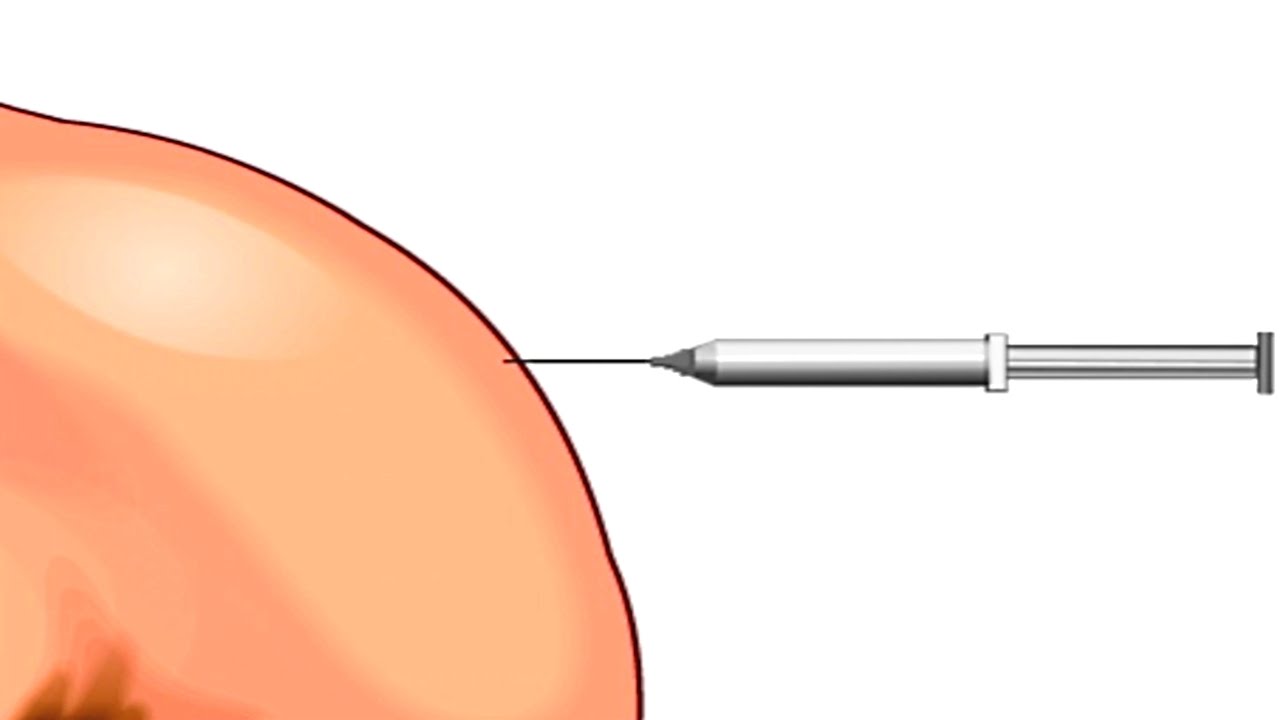
How Vaccines Work in the Human Body Animation – Immune System Response to Vaccination Video
- Post author:
- Post published:May 31, 2021
- Post comments:0 Comments
You Might Also Like

How to Do a Crunch | Ab Workout
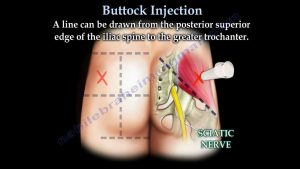
Buttock Injection – Everything You Need To Know – Dr. Nabil Ebraheim

SETS AND REPS

Anaerobically Meaning
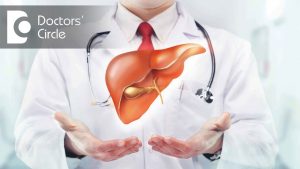
What is Liver Hemangioma? – Dr. Nanda Rajaneesh
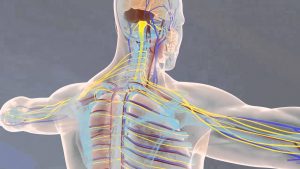
Of Anatomy and Physiology (2013 – 3D Animation)
![Read more about the article Is Creatine Safe? [Kidneys, Liver, Heart + More!] – Cory McCarthy –](https://videos.drmaheshkumar.com/wp-content/uploads/2021/05/Is-Creatine-Safe-Kidneys-Liver-Heart-More-Cory-McCarthy--300x169.jpg)
Is Creatine Safe? [Kidneys, Liver, Heart + More!] – Cory McCarthy –
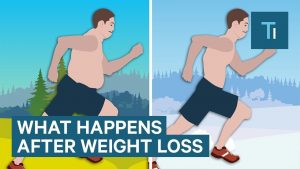
What Losing Weight Does To Your Body And Brain | The Human Body

FitPro Nutrition Coach

Lower Back Hyper-extensions

What is vascular disease? | Ohio State Medical Center
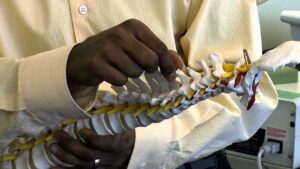
Orthopedic Physiotherapy Video – 6

flexibility and stretching

Varicocele: STOP Toxic Blood Pooling!

Crunches-4

What is Osteoporosis?

Hair Transplant Complete Process 2020 3D Animation
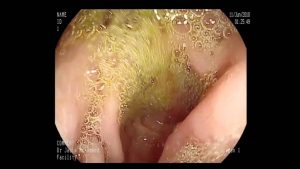
alcohol induced liver cirrhosis

Calcium Supplement Video – 2

What Is A Normal Blood Pressure Range?

Dr Ramakrishna tells about the diet in Jaundice | Online Health Tips
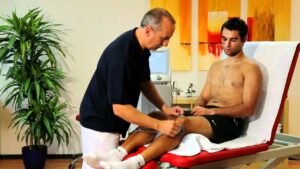
Branches of Physiotherapy Video – 12
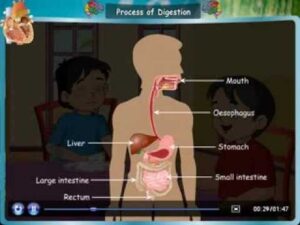
Class IV: Science – The Digestive system
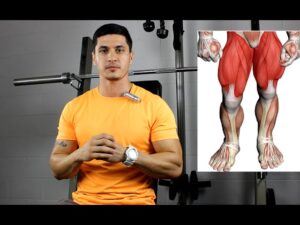
3 Quad Training Tips for Faster Leg Gains (Muscle-Group Series)
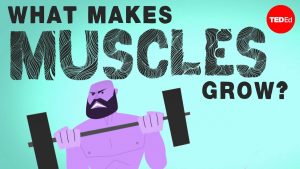
What makes muscles grow? – Jeffrey Siegel

How much PROTEIN do we need DAILY? (Hindi / Punjabi)

5 Post Workout Foods to Consider

Hormonal Health Human Growth Hormone

Steroids and Kidney

Lying Triceps Extension-1
Physiology

Put Onion in your socks And This will Happen
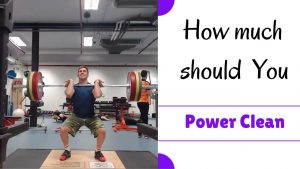
Power Clean technique: How Much Should You Power Clean – Power Cleans for beginners
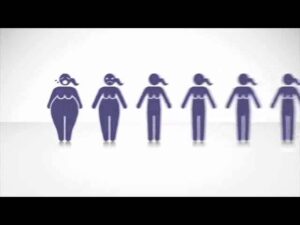
Why test Resting Metabolic Rate
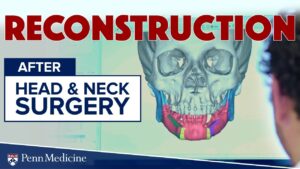
ENT Surgery Video – 3
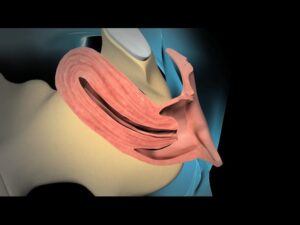
Obstrics Surgeries Video – 5
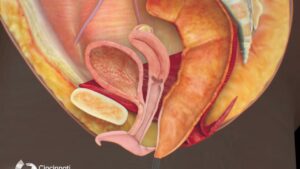
Anorectal Surgeries Video – 5

Bodybuilding Nutrition, Diet Recipes & Workout – 7

What Is BMI (Body Mass Index)?

the best flexibility video on tiktok 2021
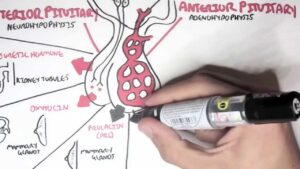
Endocrinology – Overview

